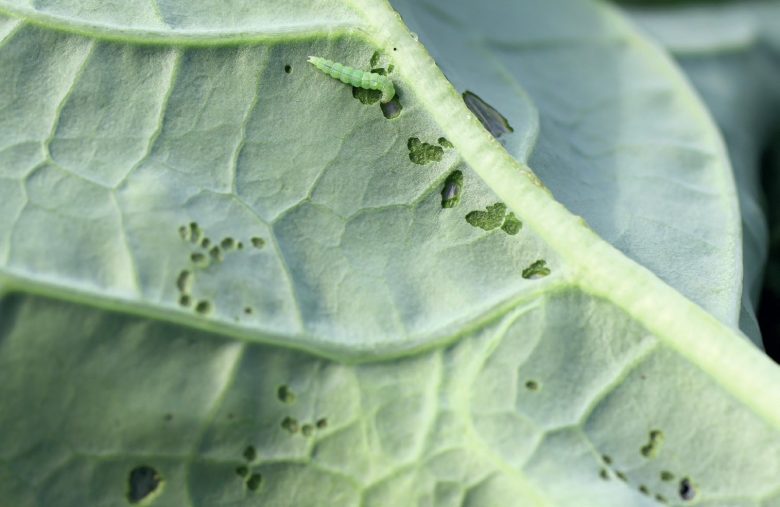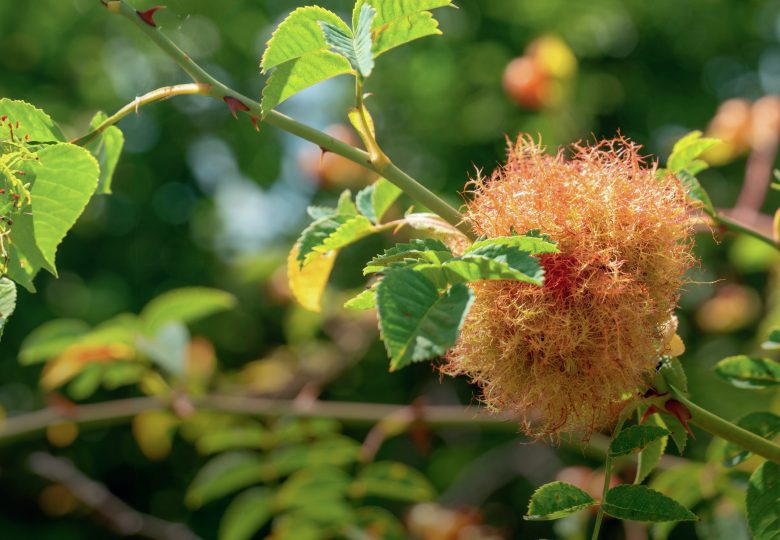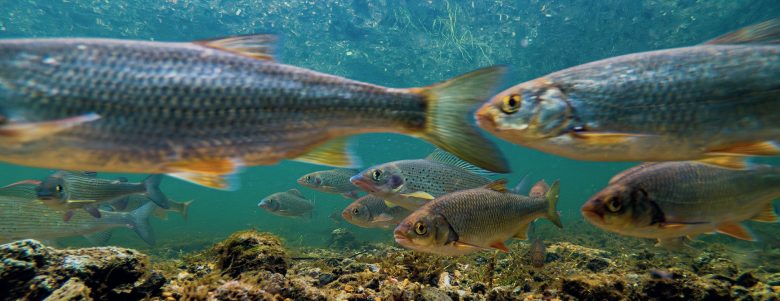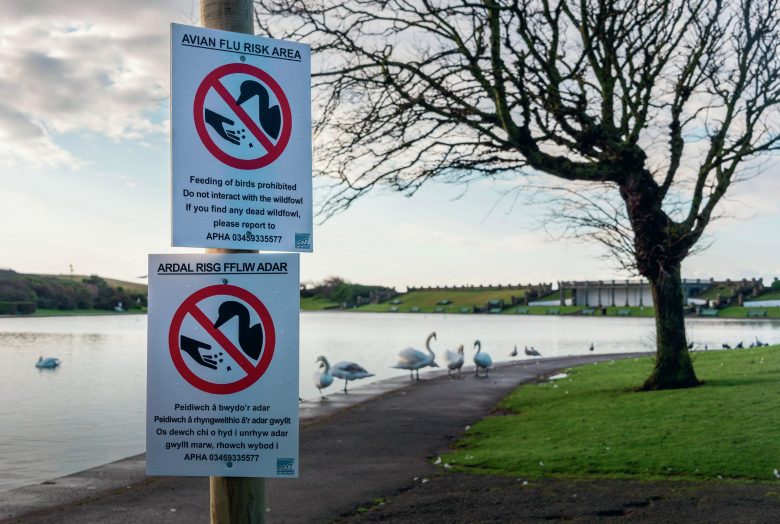
How do governments make policy decisions about biology? Where do they get their information from, what groups influence those decisions and who speaks up for the many thousands of biologists in the UK? One of the key organisations lobbying the UK government about policy in biology is the Royal Society of Biology (see Box 1).
Ten years ago, I was a new Masters graduate from the University of Plymouth, where I had done project work with the National Marine Aquarium and the Plymouth Marine Laboratory. Both of these are amazing institutions for a budding marine biologist, but my experiences highlighted that a career in research was not for me. So what next? I had my biology degree, my post-graduate degree (which had covered environmental law and environmental policy), plus a 12-week work placement at Devon County Council under my belt. My course leader encouraged me to join the (then) Institute of Biology as a graduate member, and thus I learned of their vacancy for an education administrator. I applied, and was successful, and so started my career in the professional body sector.
Your organisation does not have access to this article.
Sign up today to give your students the edge they need to achieve their best grades with subject expertise
Subscribe




